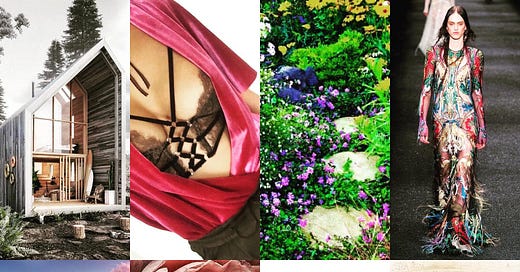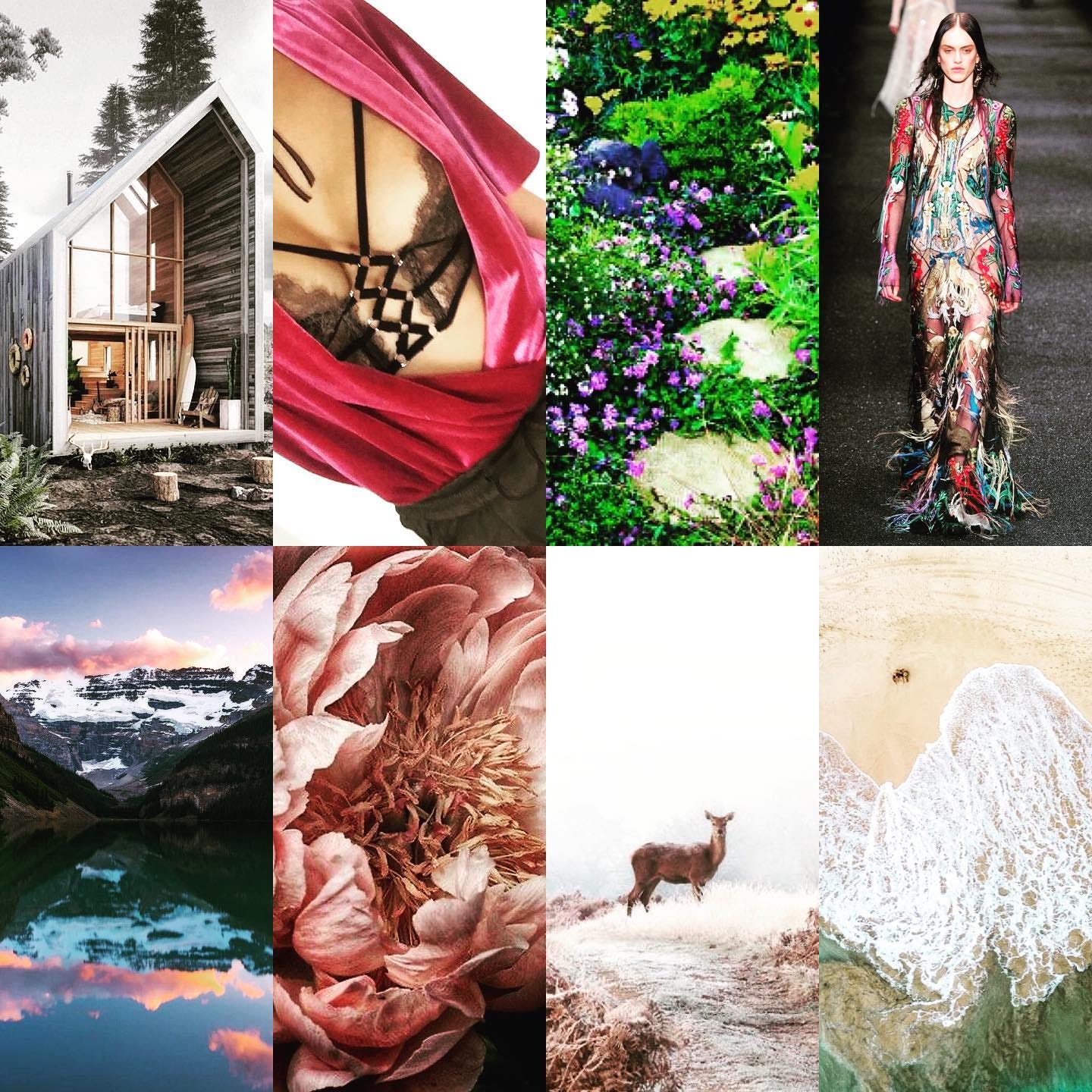We are on the move. We sold our home in June and are getting on the road without another home to come back to. So, here we are. In the midst of selling and giving away many of our things—furniture, clothing, office supplies, holiday décor, childhood loves, recreational gear, art, even things my parents gave us and that we’ve kept out of sentimentality.
B…
Keep reading with a 7-day free trial
Subscribe to Wanderland to keep reading this post and get 7 days of free access to the full post archives.




